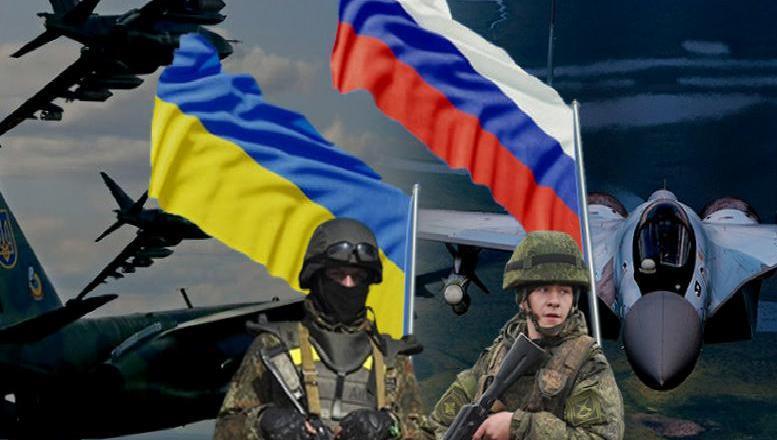ASIA FACES CHALLENGES AS A RESULT OF RUSSIA-UKRAINE WAR
Source: asiainsurancereview.com
While Asian companies have less exposure to Russia and Ukraine than their European peers do, rising oil prices will impact both businesses and consumers as a consequence of the invasion, reported Nikkei Asia.

Inflation and geopolitical tensions are threatening to drag down investment sentiment and demand for travel just when companies are starting to recover from the COVID-19 crisis.
The implications of the war for businesses in Asia include:
Oil price
“The immediate knock-on [of the Russian invasion] would be the oil price, so companies that use oil as an input would feel the heat,” said Mr Justin Tang, head of Asian research at United First Partners in Singapore.
Oil prices are soaring, with benchmark WTI crude futures hitting $100 per barrel for the first time in more than seven years on 24 February due to worries over supplies from Russia. The country is the world’s second-largest oil exporter after Saudi Arabia.
“Oil traders are vigilant about a potential escalation in the conflicts that may lead to restrictions on Russia’s oil exports, adding supply constraints in an already tight market,” Margaret Yang, Singapore-based strategist at DailyFX, said in a note.
On the other hand, some energy-related businesses in Asia are poised to gain. Examples are Indonesian oil and gas company Medco Energi Internasional, oil and gas equipment and services company Elnusa and Thailand’s oil company PTT Exploration and Production.
Aviation
Concerns over the airspace above the conflict zone have already affected Asian airlines. According to flight-tracking website Flightradar24, airlines appeared to avoid flying over Ukraine. Many European carriers have also canceled flights to Ukraine over the past few days. Flights in and out of Moscow have also been cancelled.
Tourism
The geopolitical risks could discourage people from traveling, knocking the wind out of the sails of a possible tourism recovery in Thailand and other places.
Notably, Thailand is a popular tourist destination for Russians. According to the Ministry of Tourism and Sports, 133,903 tourists visited Thailand in January, more than 17 times the number in the same month last year. Of them, 23,760 were from Russia.
Technology
Big companies are exposed to Ukraine as an emerging tech hub. Many foreign companies have bases or offshore development partners there, capitalising on the country’s educated yet relatively low-cost workforce. Those companies now face growing concerns over the local situation.
Grains
Ukraine is a major exporter of wheat, corn, and other grains. While those products mainly head to European countries, potential supply chain disruptions could drive up broader grain prices, hitting Asian businesses and consumers.
“Any interruption to the flow of grains out of the Black Sea region, due to military action or sanctions, could have a major impact on food prices and fuel inflation,” said Vasu Menon, executive director of investment strategy at Singapore’s Oversea-Chinese Banking Corp. “Ukraine, Russia, Kazakhstan and Romania ship grains from ports in the Black Sea.”
Rare metals, rare gas
According to market researcher TrendForce, Ukraine is a significant supplier of raw material gases for semiconductors, including neon, argon, krypton, and xenon. For example, Ukraine accounts for nearly 70% of the world’s neon gas capacity. “If the supply of materials is cut off, there will be an impact on the industry,” TrendForce said.
There will be no impact on chip production in the short term, as there are still supplies from other regions, but the researcher says, “the reduction in gas supply will likely lead to higher prices which may increase the cost of wafer production.” Companies like South Korean chipmaker SK Hynix say they are prepared for potential supply chain disruptions.
The conflict could impact the chip industry in other ways, too. Japan on 25 February said it will impose sanctions on exports of semiconductors and other general-purpose products to Russia in response to its invasion of Ukraine. The announcement comes amid similar moves by the US. Taiwan, a key chip economy, also said it will impose sanctions on Russia, but did not immediately provide details on what they might include.
Russia is also a major exporter of rare gases, also known as noble gases, and palladium, which is used to purify automobile exhaust. Some Asian economies such as Japan—a major car-making economy—are heavy importers of Russian palladium. If Moscow limits exports of this material, it could affect Asian businesses if alternative sources cannot be readily found.


